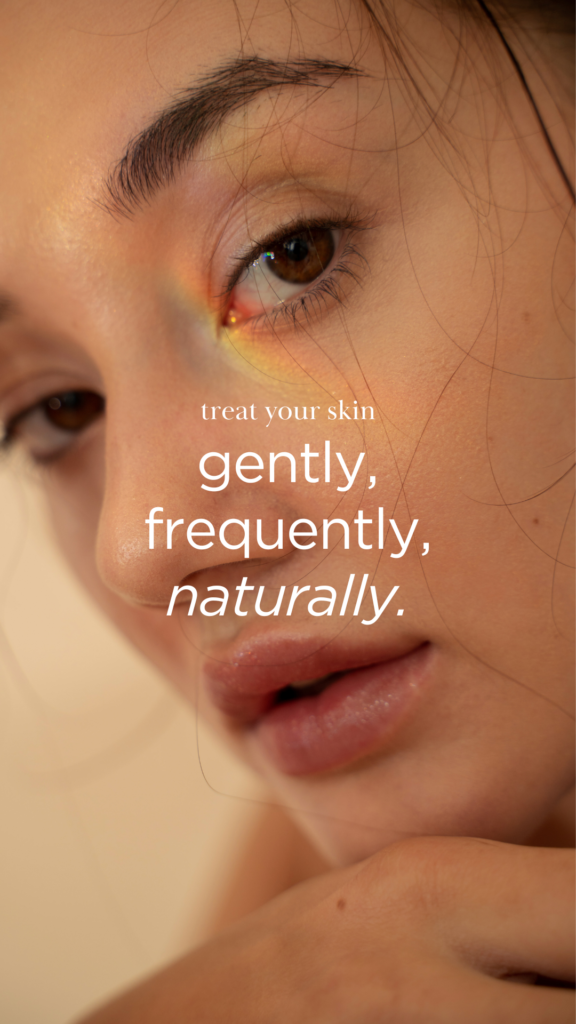Acne is a common skin condition that affects most teenagers. It occurs when hair follicles become plugged with oil and dead skin cells. While it can be frustrating and emotionally challenging, there are effective ways to manage and improve it. If you are looking for some genuine cure then must try isotretinoin 40 mg
Understanding Acne
Before we dive into treatment, it’s essential to understand it. There are primarily three types of acne:
- Whiteheads: Small, flesh-colored bumps that are clogged with oil and dead skin cells. you can also know about accutane side effects
- Blackheads: Clogged hair follicles that open to the surface of the skin, causing a black or dark appearance.
- Pimples: Inflamed red bumps that contain pus.
Simple Steps to Treat Teenage Acne
1. Gentle Cleansing:
- Wash your face twice a day: Use a gentle, oil-free cleanser to remove dirt, oil, and makeup.
- Lukewarm water: Avoid hot water, as it can dry out your skin.
- Avoid harsh scrubbing: This can irritate the skin and worsen acne.
2. Over-the-Counter Treatments:
- Benzoyl peroxide: Kills acne-causing bacteria and reduces inflammation.
- Salicylic acid: Helps unclog pores and exfoliate the skin.
- Spot treatments: Can help reduce the appearance of individual pimples.
3. Moisturize:
- Oil-free moisturizer: Hydrates the skin without clogging pores.
- Apply after cleansing: This helps prevent dryness and irritation.
4. Exfoliate Gently:
- Exfoliate once or twice a week: Use a gentle exfoliator to remove dead skin cells.
- Avoid harsh scrubs: Opt for chemical exfoliants like salicylic acid or glycolic acid.
5. Hands Off Your Face:
- Avoid touching your face: This can transfer bacteria and oil to your skin.
- Keep hair away from your face: Hair can trap oil and dirt.
6. Healthy Diet:
- Balanced diet: While there’s no definitive link between diet and acne, a healthy diet can contribute to overall skin health.
- Limit sugary and processed foods: Some studies suggest a potential connection between these foods and acne.
7. Lifestyle Factors:
- Manage stress: Stress can worsen acne. Try relaxation techniques like meditation or yoga.
- Get enough sleep: Adequate sleep is essential for overall health, including skin health.
8. When to See a Dermatologist:
If over-the-counter treatments aren’t effective or if your acne is severe, consult a dermatologist. They can prescribe stronger medications like topical retinoids or oral antibiotics.
Additional Tips
- Be patient: Acne treatment takes time. Don’t expect immediate results.
- Consistency is key: Stick to your skincare routine for best results.
- Avoid picking or squeezing pimples: This can lead to scarring.
- Use sunscreen: Protect your skin from the sun, even when indoors.
Remember, everyone’s skin is different. What works for one person may not work for another. It’s essential to find a skincare routine that suits your skin type and helps manage your acne effectively.
Diet can play a role: While there’s no one-size-fits-all acne diet, some studies suggest that limiting sugary and processed foods, dairy, and foods with a high glycemic index may be beneficial. Consult a dermatologist or nutritionist for personalized dietary advice.
Consider probiotics:
Probiotics may help improve gut health, which can have a positive impact on skin health. Talk to your doctor about whether probiotics might be a good option for you.
Change pillowcases regularly: Pillowcases can harbor bacteria and oil, so change them at least once a week, or more often if you sweat a lot at night.
Wash your phone screen regularly: Your phone screen comes into contact with your face throughout the day. Clean it regularly with a disinfectant wipe to remove bacteria.
Avoid wearing tight clothing on your face: Tight-fitting clothing can trap sweat and oil against your skin, worsening acne. Opt for loose-fitting, breathable fabrics.
Be gentle when shaving: If you shave, use a sharp razor and shaving cream to avoid irritation. Shave in the direction of hair growth to minimize ingrown hairs.
Explore alternative treatments: Some people find relief with alternative treatments
Here are some additional points to consider when treating teenage acne:
| Point | Description |
|---|---|
| Sunscreen is crucial | Sun exposure can worsen acne and lead to scarring. Use a non-comedogenic (oil-free) sunscreen daily, even on cloudy days. |
| Makeup can be tricky | Choose oil-free, non-comedogenic makeup that won’t clog pores. Remove makeup thoroughly before bed. |
| Don’t share personal care products | Sharing towels, washcloths, or makeup applicators can spread bacteria and worsen acne. |
| Consider spot treatments with tea tree oil | Tea tree oil has natural antibacterial properties and may help reduce inflammation in pimples. |
| Patience is key | It can take several weeks or even months to see significant improvement in acne. Don’t get discouraged and stick to your routine. |
| Manage stress effectively | Chronic stress can exacerbate acne. Find healthy ways to manage stress, such as exercise, relaxation techniques, or spending time in nature. |
| Get enough sleep | Aim for 7-8 hours of sleep each night. Adequate sleep allows your body to repair and heal, including your skin. |
| Drink plenty of water | Staying hydrated helps flush toxins from your body and can contribute to overall skin health. |
| Avoid harsh chemicals | Steer clear of harsh soaps, astringents, and abrasive scrubs, as they can irritate the skin and worsen acne. |
| Consult a dermatologist for persistent acne | If over-the-counter treatments and lifestyle changes don’t improve your acne after a few months, consult a dermatologist for personalized treatment options. |




